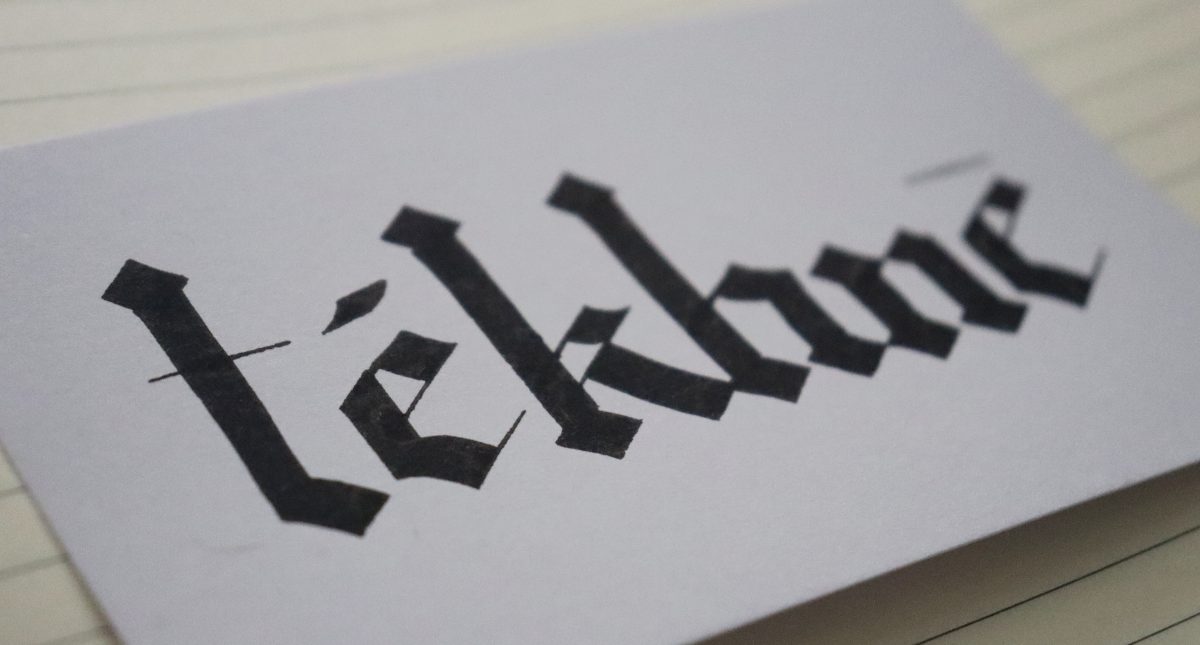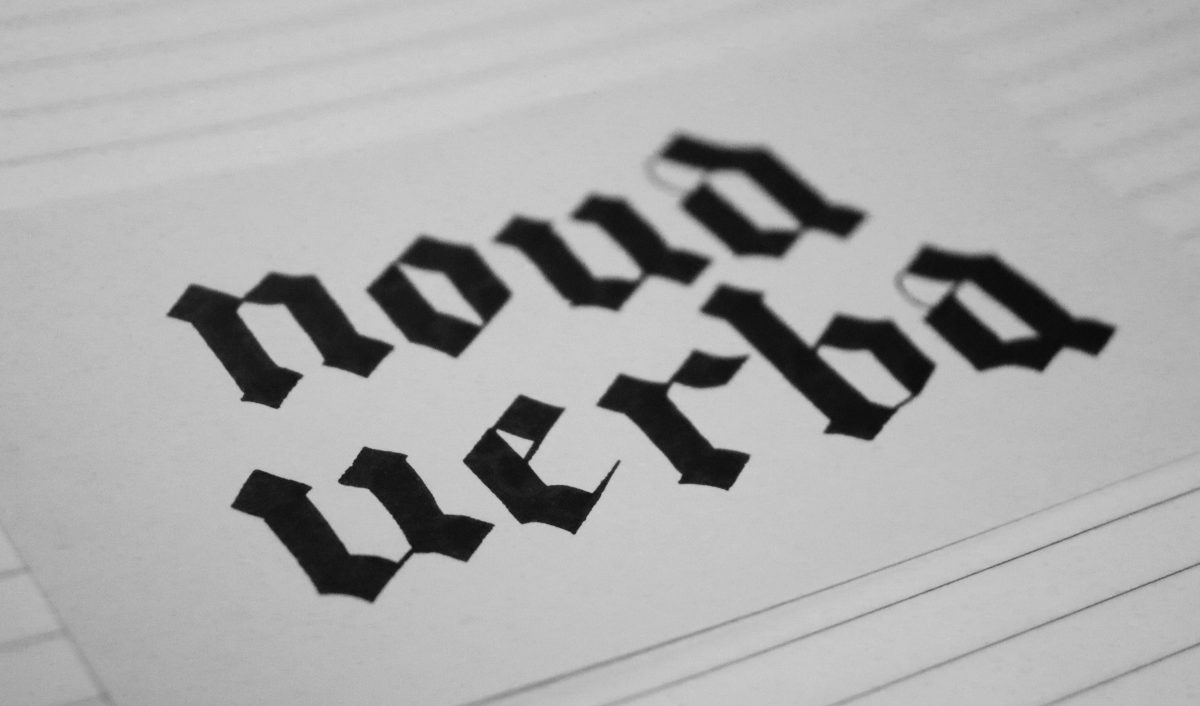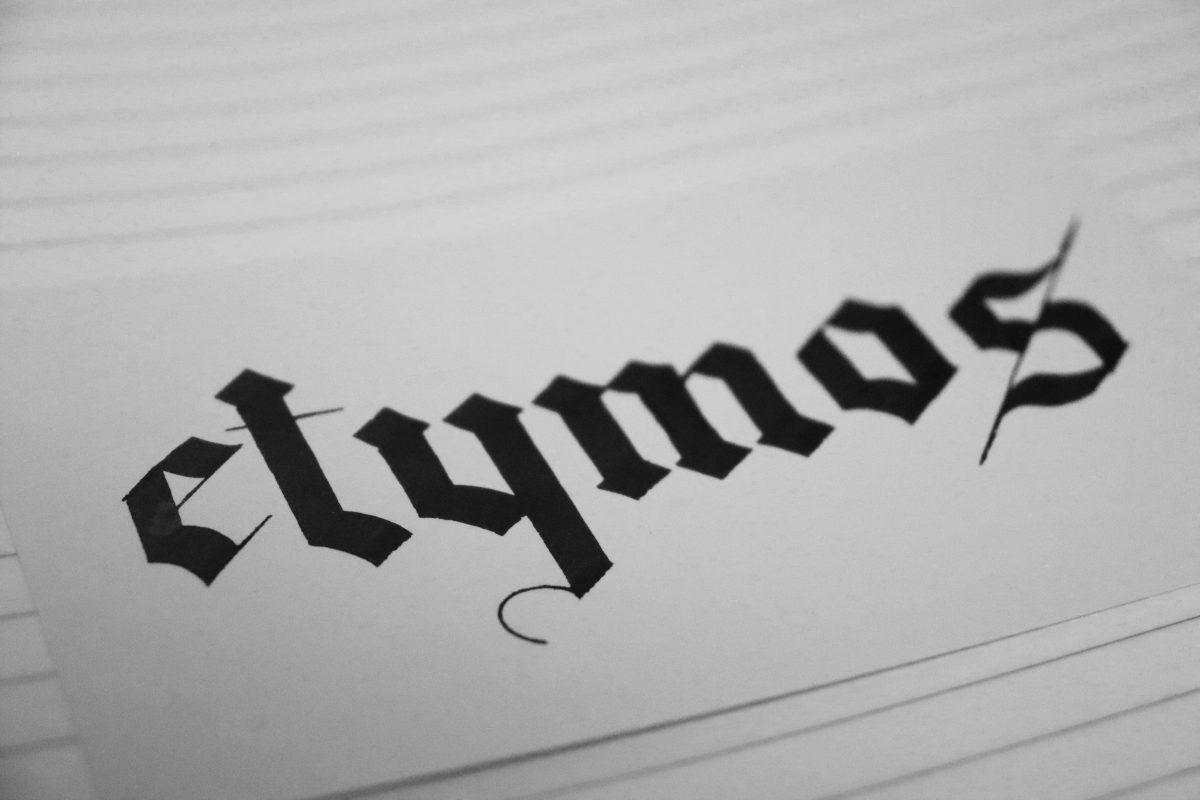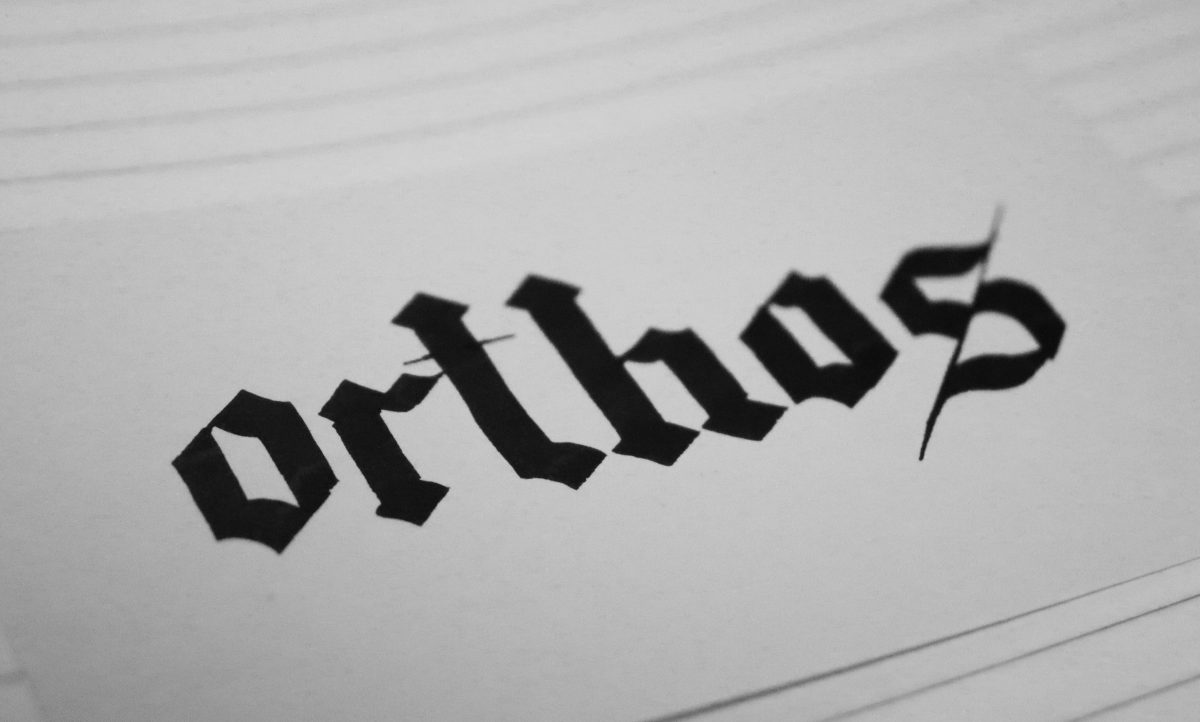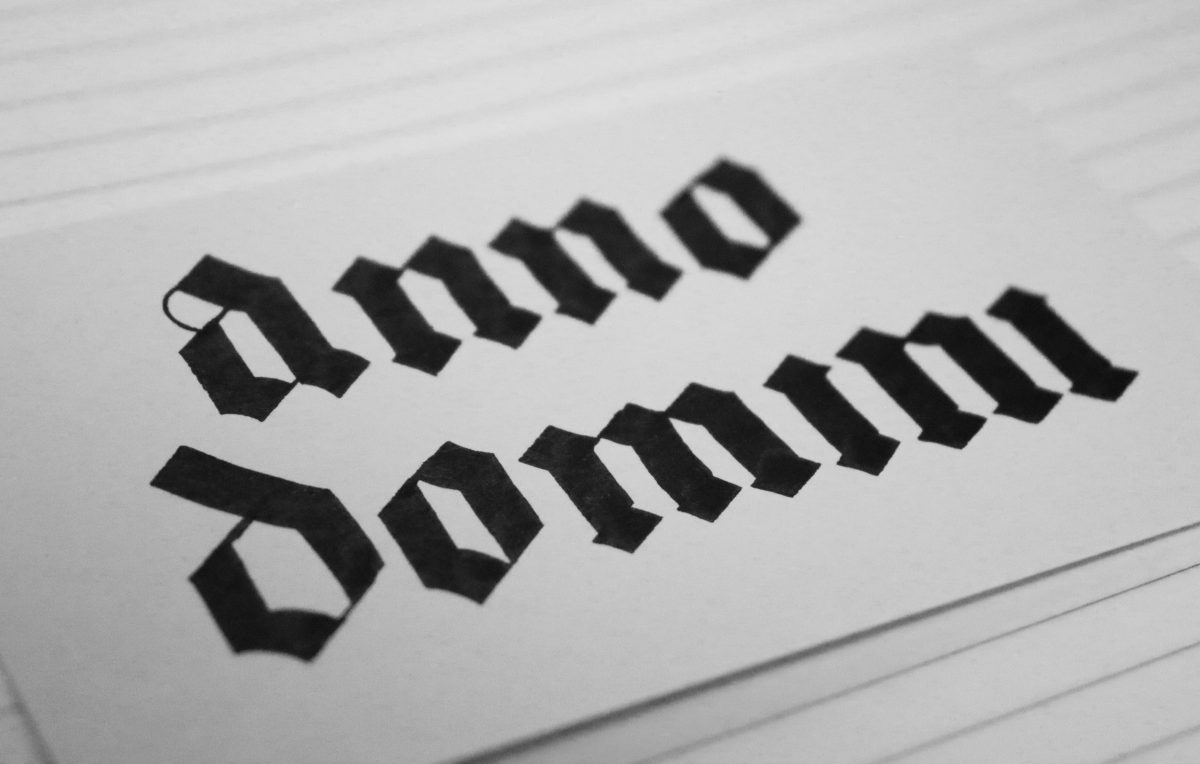I remember first hearing about Facebook. I was in secondary school at the time. I think at that time it was still exclusive – you could only create an account if you were at a certain educational institution.
Making it exclusive in that way certainly worked to make the site enticing. When finally we could create accounts, me and everyone I knew did so. We’d all already had accounts on Bebo and MySpace, of course – a story almost every millennial will tell you – but that’d never really gone anywhere.
Facebook was so different in the early years. It seems bizarre, looking back to 2009-2010, that it did mostly consist of talking – in a very indirect way – with your friends – that was mostly who and what you saw on there. And it was such a simple website too. (At least, that’s how I remember it. I think there were groups and direct messages at the time, but for the most part what you saw when you went to the site was your ‘wall’.)
Having a Facebook account wasn’t an essential part of life at the time, but nor was it an irritant.
Jump forwards in time to now. My goodness is Facebook an absolute trash fire now. The site is barely useable. I mean that in two senses – firstly in the sense that the site breaks – A LOT – and secondly in the sense that the site is filled with a blistering concoction of useless, unrelated, and inconvenient features.
I mean, let me go to the main page (I can’t remember what they’re calling it nowadays – the ‘news feed’? – I don’t know). I am immediately presented with about a thousand different things, absolutely none of which I want. The first thing I see is a post from a page that I don’t follow and have never followed and which none of my friends are following. The reason I don’t follow it is because I’m not interested in it and this post is shit. This post is the most generic piece of ‘content’ I’ve ever seen – derivative, banal – it’s not even formatted correctly. Why are you pushing this shit, Facebook?
I scroll down, and the next thing I see is – oh – another post from a page I don’t follow – no, wait – it’s from a group I’m not in. For some reason Facebook has both ‘pages’ and ‘groups’, even though they seem to do the exact same fucking things. This utterly demented post is showing me what is quite obviously an American McMansion, but describing it as some kind of architectural gem. What the fuck is this, Facebook? Is this rage-bait? Are you showing this to people because you know they’ll comment about how ugly the house is? Why are you even showing me this in the first place – neither I nor any of my friends are in this Facebook group, and I have never shown any interest in being in this group.
I scroll down again. What’s next? Oh, it’s some shorts videos. Fantastic, Facebook – because I haven’t been bombarded with those enough from every other website. One of the videos is about cutting a fish. Look, one of those is interesting, Facebook – two is excessive. Another seems to be about making boiled sweets. Again, Facebook, one is interesting, two is excessive.
The next item? Another post from a page I don’t follow. The one after that? An advert from a clothing brand. And it goes on, and on, and on. More posts from things I don’t follow; more shorts videos (or whatever stupid name they call them on Facebook); more covert adverts.
And what if I divert my gaze away from the endless diarrhœa? On the left there is a list of … things? ‘Memories’ is one of them. I’ve never clicked that. I don’t need to, Facebook, I have memories in my head. ‘Saved’ – I’ve never clicked that, either – I don’t think I’ve ever ‘saved’ anything on here. ‘Video’ – what even is that? All video? Or just short videos? If I want videos, Facebook, I’ll go to YouTube. Obviously. ‘Feeds’ – isn’t that what I’m already on, Facebook? If I click on ‘See More’, the list becomes even more bewildering. ‘Climate Science Centre’ – why the fuck does Facebook have a ‘Climate Science Centre’? What even is that? ‘Meta Quest 3S’ – I don’t know what that is, Facebook – why is it there? ‘Ray-Ban Meta’. What?! I just – I don’t even know what I’m looking at, and why is any of this stuff here? Why is any of this stuff considered to be important enough to have on the main page?
Below all of that is a list of ‘shortcuts’ – possibly the only useful thing on the page. On the opposite side is a list of ‘contacts’ – don’t you mean my actual friends, Facebook? Or have we given up on that word? It would be nice if the list were ordered in a way that wasn’t entirely random. There’s also a message button in the top right – with a lightning bolt through it. It’s not entirely clear how this is different from the list of contacts – they seem to do the same things.
That’s just the main page. The experience of it is like pouring battery acid in my eyes and then going on a guided tour of the Museum of Fresh Turds – with a tactile exhibit. What is any of this for, Facebook? Why would I want any of this? WHO is it for?! Is anyone actually using this?
You might be wondering, at this point, why I still have a Facebook account if I hate the site so much. I suppose it’s just out of the belief that, if I delete my account, it would be easier for a scammer to impersonate me on the site. I mean, that’s it – that’s why. How low Facebook has fallen for that to be the only reason left to keep an account on there open.
Sometimes I think that another reason to keep it open is so that I can contact old friends on there should I need to. But actually I think most of my friends on there have long since stopped using Facebook altogether.
(I also keep my Facebook account so that I can promote various things I do – books and videos and the like – on there. But I’ve never been very good at this – in large part because the site is so ungainly to use.)
I won’t go through every page of the website and examine all the ways in which it is shit – suffice to say that every other page of the site is filled with problems too. Over the years, I’ve tried using Facebook ads for various things. I have never persisted with them for very long – in large part because the ads manager system was just completely broken – I honestly don’t know how anyone used it. Pages would fail to load; links would lead in loops; nothing was where you’d expect it to be. This was a few years ago, but I honestly don’t know how Facebook has ever managed to make any money with such a broken ads platform.
I think that Facebook has suffered from a problem that many technology companies suffer from after a time. You see, everyone who works at a technology company wants to put their mark on the technology they create. They want to have their feature – the thing that they added – it was their idea or they implemented it. It’s a status thing – they can forever boast about how they were the person who added that thing to the technology. The result is, over time, such pieces of technology inflate with features that are not useful or necessary. Facebook reeks of this. Elon Musk takes plenty of flak for wanting to make Twitter some kind of ‘everything app’, but Facebook has already been trying to do this for years, it seems.
Oh you know what, to finish, I’ll roast another part of the site. Managing a Facebook page is an absolute fucking nightmare. Every time I try to do anything for my ‘Benjamin T. Milnes’ page on Facebook, I just give up. I am just presented with a bewildering selection of crap that I don’t want.
When I go to my page, I’m asked a question: ‘How healthy is your Page?’. I don’t care Facebook. Not least because one of the options in this box is to ‘Link your WhatsApp account’. Are you insane, Facebook? Why would I want to do that?!
There’s a link that will take me to my ‘Professional dashboard’, whatever that is. Let’s see. Ah, here’s a new page – never seen this one before (clearly the masterpiece of another demented ‘product manager’ at Facebook). The first box has the heading ‘Weekly challenges’. No other information is presented with it – just a progress bar saying ‘0%’. Fucking marvellous, Facebook.
On the left there are some options. Apparently there’s an ‘Inspiration hub’ – whatever the fuck that is. I can ‘Earn achievements for creating reels’. Oh really, Facebook? What are these ‘achievements’ you speak of? Unless it’s money, I don’t really give a shit. Under ‘Tools to try’, I can click ‘Stars’. Oh wow, Facebook, ‘Stars’?! How magical! How special!
I haven’t the faintest idea what this shit is, and I don’t care, but let’s click on it anyway. Clicking on it takes me to a page titled ‘Monetisation’ – right, Facebook, because it was obvious that that’s where the link would lead. I’m presented with a ‘Status’, where I’m told that I have ‘No monetisation breaches’. Well fan-bloody-tastic, Facebook.
Under that is, again, ‘Tools to try’, where it says ‘Stars’ again. This was the wrong page to take me to, Facebook – make your links work properly, you absolute morons. Here, at least, there is a brief description of what ‘Stars’ are. They are a kind of pretend currency that Facebook has made up. In a million years, Facebook, I would never have guessed that that’s what they were.
And by this point, I’m completely lost. I could not tell you what part of the Facebook website I have found myself on.
Meanwhile, I can’t even remember the last time I saw a post from an actual friend on this site.
